As you research healthy soil, you'll roll across the term humus. Today we're digging into what humus is and how it can help your plants.
Hint: it's not hummus which is a chickpea dip!
What is Humus Compost?
Humus compost is organic matter that has starting breaking down or decomposing so that you won't see or feel a mulch-like texture. It's organic matter that's broken down into the smallest particle sizes possible to start releasing nutrients.
Why is humus important for soil health?
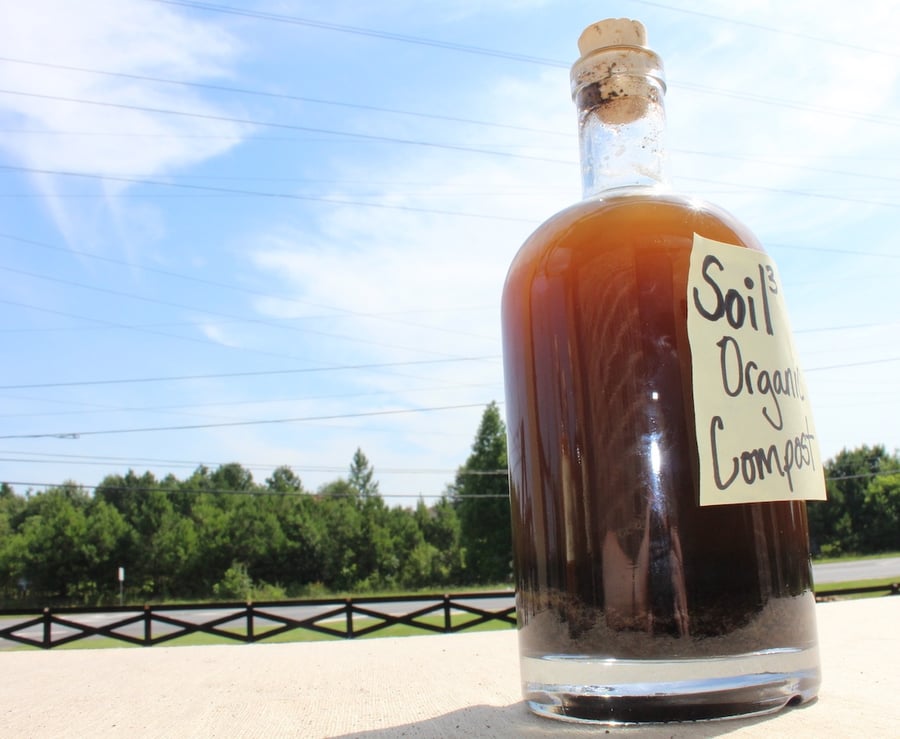
Because humus is broken down to the smallest particle size, it's able to release nutrients into the soil so the nutrients are available for plants.
It has a spongy texture and impressive water retention abilities, while it also improves compacted soils by making them looser.
One essential characteristic of humus is that it’s colloidal when mixed with water.
What does colloidal mean?
A colloidal suspension is one in which a material stays suspended throughout a liquid rather than settling. In this case, soil that is colloidal indicates a higher rate of humus.
In this blog, we’ll show you a quick test to visualize composition and see proof that your compost or soil has colloidal properties.
The Jar Test: A Quick Soil Test to Determine if Your Compost (or Soil) is Humus
- Find a clear glass container with a lid you can seal securely.
Quart-sized mason jars are perfect for this project. Chances are you have one around the house already! The wider the mouth of your container, the better. As you saw in the video above, funneling soil into a small opening is no simple task.
- Fill approximately 1/3 of the container with your soil of choice. Fill the rest of the container with water.
This part of the “experiment” is best performed outdoors for any messes that will surely happen when you’re playing in the dirt.
- Seal your container securely and shake vigorously for at least 30 seconds.
While you’re shaking the jar, be sure to turn it upside down a few times. If testing multiple soil samples (like we did in the video) find some friends to shake each jar at the same time and rate. This will give you a more accurate visual of how quickly each soil type settles.
- Let the mixture settle and separate for at least 5 minutes and observe the results.
After five minutes your soil sample will begin to settle. You’ll be able to see which soils stay suspended in water (colloidal) and which ones do not (non-colloidal). Over time the materials will continue to separate - a good humus soil will continue to have suspended colloidal particles 24 hours later.
What am I Looking at?
In short, the browner the area with particles in suspension, the more nutrients are available to your plants. The lesson from the jar test is to choose a compost that has the most particles in suspension and is darkest brown in that area.
Choosing the Richest Humus Compost
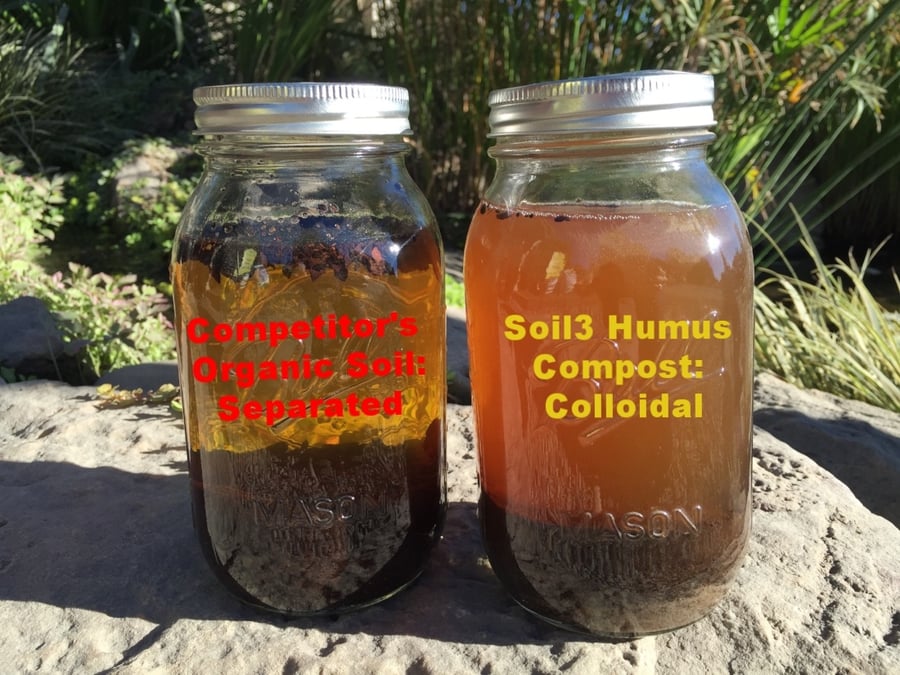
As you can see in the video and photos, Soil³ reigns supreme over mushroom compost and our red Georgia clay. We’ve tested it against a variety of other bagged organic garden soils over the years, and Soil³ continues to display more colloidal humus than its competitors.
Since this original article was written, Nestor Vela, turfgrass pro and sales rep at Super-Sod of Greenville, performed another jar test. Here's what he has to say:
You will notice the significant difference with our competitor's "soil." They call it soil . . . I call it mulch. Here are my pictures of the test we ran. If you want more information or have questions (English or Spanish), do not hesitate to contact me at the Greenville store.
The "other" compost has a mulch-like consistency that is actually floating in the mixture. Over 24 hours the solution continues to settle or float, revealing there are few small particles suspended in the middle, therefore the compost has not little colloidal value, whereas Soil³ compost continues to show colloidal properties 24 hours later (with no mulch floating to the top!).
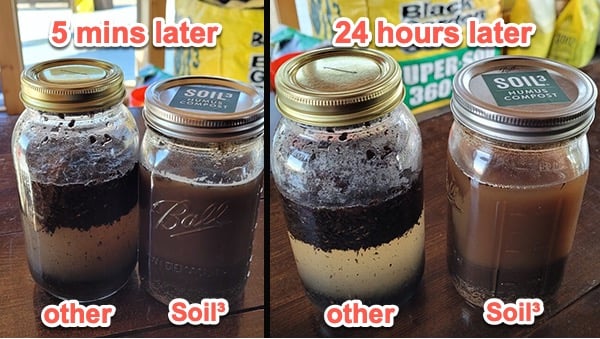
.png?width=400&name=How%20to%20test%20your%20gardening%20soil%20for%20humus%20(1).png)
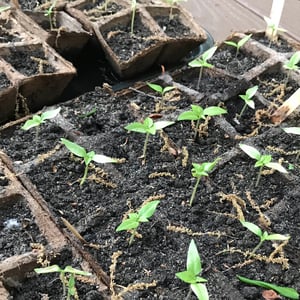
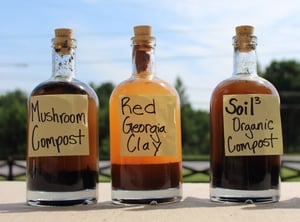

Did this help you out? Have any questions for clarity? Leave a comment below!